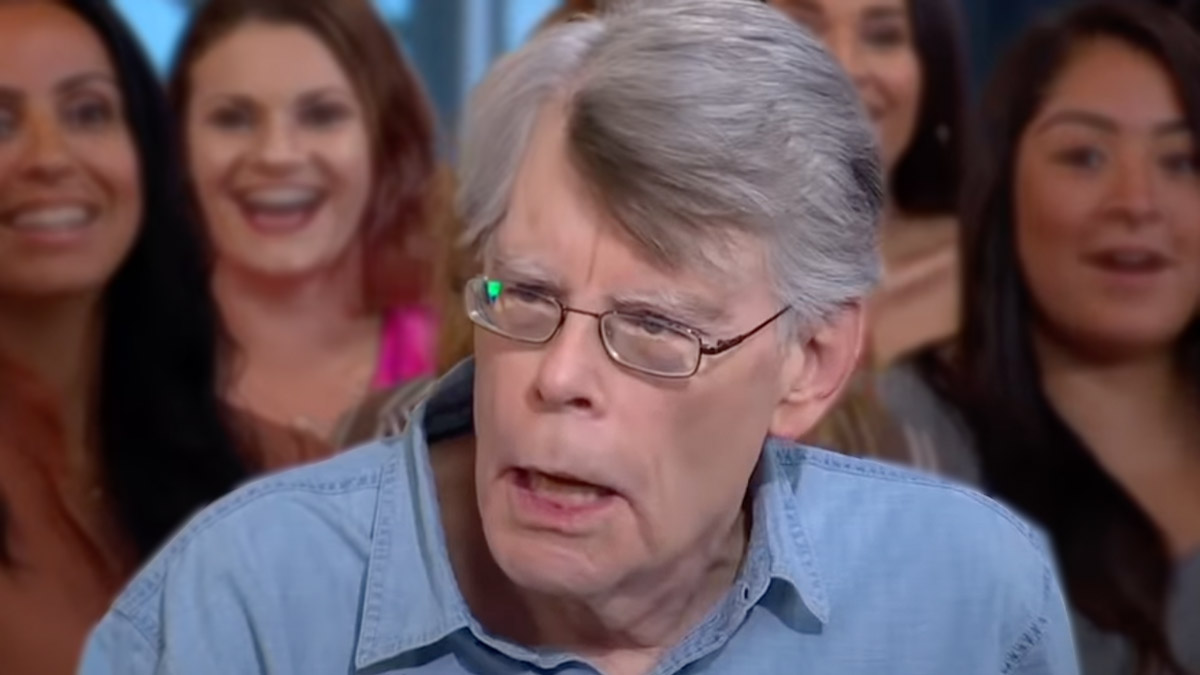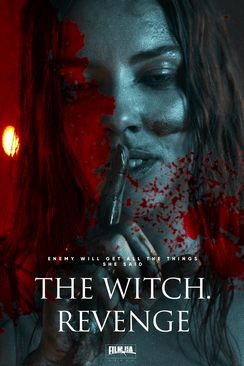Book review and synopsis for Wish You Were Here by Jodi Picoult, a novel set during the early months of the coronavirus pandemic about a young woman who ends up stranded on an island in the Galapagos.
Synopsis
Set in the early months of the coronavirus pandemic, Wish You Were Here is about an ambitious young woman, Diana, who gets stranded on Isabela Island in the Galapagos Island by herself when the island goes on lockdown. Her boyfriend, Finn, who was supposed to be there with her, is busy tending to COVID patients at New York-Presbyterian Hospital.
What was originally supposed to a romantic two-week vacation becomes something quite different, and Diana ends up with a lot time to get to know the island, the locals and to reflect upon her own life.
(The Detailed Plot Summary is also available, below)
Detailed Plot Summary
Chapter-by-Chapter SummarySee the Chapter-by-Chapter Summary of Wish You Were HereQuick Plot Summary Summary (Spoilers)
The two-paragraph version: In March 2020 towards the beginning of the pandemic in the U.S., Diana O’Toole travels to Isabela Island in the Galápagos on vacation by herself after her boyfriend, a doctor, has to stay behind to tend to COVID patients. She becomes stranded there when the island goes on lockdown, and she meets Gabriel Fernandez and his daughter Beatriz. Over the next two months, she reflects on her life and becomes romantically involved with Gabriel. She also helps Beatriz, who is struggling with coming out as gay. In the U.S., Diana’s mother (who she had a complicated relationship with) passes away from COVID.
One day, Diana gets caught in a riptide, and when she awakes she learns she’s in the U.S. and has been being treated for COVID for the last 10 days. She never went to the Galápagos and instead she hallucinated the trip. As Diana tries to make sense of her memories (were they a dream? was it an out of body experience? was it a vision of the future?), she also learns her mother never died and works to resolve her issues with their relationship. Eventually, Diana realizes that even if it wasn’t real, the experience changed her. She decides to change her career and break up with her boyfriend. In the Epilogue, Diana travels to Isabela Island in May 2023. She encounters someone in the same manner that she met Gabriel in her dream. The book ends as she turns around to see who the person is.
In Part One, the book opens on March 13, 2020, and coronavirus cases have just started being detected in the U.S. Diana O’Toole is an ambitious and driven 29-year-old working for Sotheby’s, and her boyfriend Finn is a doctor at New York-Presbyterian. Diana meets with the infamous Kitomi Ito (a fictional stand-in for Yoko Ono) regarding the upcoming auction of a very famous painting by Henri de Toulouse-Lautrec. Securing the painting for Sotheby’s was a huge coup for Diana, but today Diana gets the unfortunate news that Kitomi wants to hold off on the auction to limit the spread of coronavirus.
Diana and Finn are supposed to travel to the Galápagos the next day, but Finn ends up staying behind since the hospital needs him. Diana travels alone, but arrives at Isabela Island to learn that it’s under a two-week lockdown due to the virus. Everyone else is leaving, but she impulsively decides to stick around. When she finds out the hotel she booked is also closed, Diana is relieved when an old lady (“Abuela“) lets her stay in the tiny apartment attached to Abuela’s house.
Diana soon meets Abuela’s son Gabriel and an unhappy 14-year-old girl named Beatriz, who is Gabriel’s daughter with his ex-wife. Beatriz and Gabriel show Diana around the island. Eventually, the two week lockdown turns into two months. Over that time, Diana has limited cell reception and WIFI access, but she gets regular e-mails from Finn detailing the progression of the virus in the States. Diana’s mother with dementia, who was always distant with Diana growing up, gets COVID and passes away.
Meanwhile, Diana also feels a romantic connection with Gabriel and they sleep together. Diana also gets to know Beatriz and learns that she is sad and self-harming because she was rejected by a girl she likes who was too scared to come out to her parents. Eventually, Beatriz comes out to her father, who is accepting of her, and they’re able to start working on their estranged relationship.
One day, Diana and Gabriel go swimming, and Diana gets caught in a riptide. When she awakes, she’s still alive, but she learns that she’s actually in the U.S. Apparently, she’s been ventilated for the last 5 days and has been being treated for COVID for the last 10 days. Diana is informed that she actually never went to the Galápagos and her memories of it are all some type of hallucination or dream.
In Part II, Diana is still recovering from COVID and has to undergo rehab to re-learn how to move, walk and eat. With much effort, she eventually gets released from the hospital.
Diana also learns that she’s been furloughed from Sotheby’s, which means she is now jobless. She starts considering going back to school to study art therapy. Diana also starts to rethink her relationship with Finn, which she realizes was more suited to the person she was before. However, her experiences on Isabela Island — real or not — have changed her and she’s no longer sure they want the same thing.
Meanwhile, she tries to make sense of her memories that feel very vivid and real to her. Diana starts looking into survivors who have similar stories as hers about vivid hallucinations. Possible theories include it being merely a hallucination as a bodily response to stress or perhaps it’s an out of body experience or alternate reality or something else altogether.
At the same time, Diana learns that her mother is still alive and becomes determined to take the opportunity to spend time with her while she can. She starts visiting her mother frequently (from afar due to COVID restrictions), even though her mother’s dementia means that she doesn’t recognize her. She makes peace with her mother being an imperfect and distant mother during her childhood. There’s eventually a COVID outbreak at her mother’s assisted living facility, and her mother falls ill. Diana goes to see her, and her mother’s memory is temporarily clear again. They share a moment and her mother soon passes away.
Soon afterwards, Finn proposes to Diana, but she turns him down, saying that he did nothing wrong, but he’s not right for her.
In the Epilogue, it’s now May 2023. Diana has completed her art therapy degree and has her own practice. She travels to Isabela Island. At the tortoise enclosure, someone stops her as she reaches inside, which is same manner that she met Gabriel in her dream. The book ends as she turns around to see who the person is.
For more detail, see the full Chapter-by-Chapter Summary.
If this summary was useful to you, please consider supporting this site by leaving a tip ($1, $2, or $4) or joining the Patreon!
Book Review
By Jennifer Marie Lin on Dec 5th, 2021 (Last Updated Dec 5th, 2021)
Wish You Were Here is Jodi Picoult’s take on a novel about the pandemic. It opens on March 13, 2020, when cases of the virus had just started being reported in the United States.
The main character of Diana is an ambitious and driven New Yorker who is working for Sotheby’s on art acquisitions. She has planned a vacation to the Galápagos with her boyfriend Finn, but he’s a doctor at New York-Presbyterian who ends up having to stay to care for COVID patients. Instead, Diana goes alone, gets stranded there and in the process ends up reflecting on various aspects of her life and relationships.
For most of the book, our protagonist Diana is stuck on Isabela Island in the Galápagos, and much of the narrative is devoted to her exploring her surroundings and getting to know a local family. The book also describes the progression of the pandemic through e-mails from Finn in New York.
As you might expect, Wish You Were Here feels a little heavy, despite the picturesque, sun-kissed setting where most of it takes place, partially because of the time period it’s in. It’s also worth noting that the general pacing of the book is a bit slow.
In Wish You Were Here, Jodi Picoult seems to be trying to capture what was going on that year and tapping into the collective self-reflection that many people went through that year.
In this story, Picoult explores Diana’s professional aspirations, her romantic relationship with her boyfriend and her relationship with her mother with dementia. The story also focuses on a father and daughter she meets in the Galápagos who are going through their own difficulties as well.
Some Criticisms
As a warning, it bothered me quite a bit how often and how casually the various characters broke things like quarantine or lockdown rules or put other people at risk of possibly contracting COVID. At times it felt like they were treated as inconveniences as opposed to life-saving measures. You might want to consider if reading about instances of these types of things will be upsetting to you, especially if you’ve lost someone close to you to COVID.
Beyond that, the short version of this review is that: I am a little surprised by the many positive reviews this book has gotten. To be totally honest, I was often bored reading this book and struggled to stay interested throughout most of it.
Having just gone through (and technically we’re still going through) the pandemic, those parts felt like a retread of stuff I already knew. I followed these stories pretty closely at the time they were happening, and I don’t think I learned anything or came away with any type of novel perspectives. Sure, the topic is timely, but so what?
As for the other parts of the book, a lot of it seemed to be offering up surface-level type insights. At one point there’s a section about how “anything can be art” or how “falling can feel like flying” — and it just seemed like a mish-mosh of sentiments I’d come across before in other forms.
The book takes a turn part-way through the latter half of the book. At this point the narrative manages to be even slower paced than before, and I really struggled to finish it. I think some people will appreciate the message it imparts at the end, but for me it seemed like a fairly long-winded way to say things that I didn’t find to be all that impactful.
Read it or Skip it?
Others have described this book as “moving” or “emotional”, but I really felt very little while reading this. I’ll admit that it sounds like I’m in the minority here though, so perhaps your mileage will vary.
In general, I have a hard time recommending Picoult’s books to people. Of the ones I’ve read, I’ve found that they tend to be fairly slowly paced and littered with overlong lectures on various academic topics. There’s always lengthy stretches where the book drags severely.
Overall, I sadly did not enjoy this book, but I’m curious to hear from others who did like this book though! What parts of it spoke to you?
Are you reading this or thinking about reading this? Share your thoughts below!
See Wish You Were Here on Amazon.
P.S. If you’re interested in reading a pandemic-related book that I liked, Hamnet: A Novel of the Plague is set in the late 1500’s in England during the Black Plague, and it’s a great read that reframes the story of the life of William Shakespeare through the lens of his wife, Agnes (Anne) Hathaway.
Spoiler-ish Thoughts Start Here
I found the timeline of the book distracting and it made the whole book make less sense. When she wakes up from her “dream”, we learn that it’s March 24th, 2020. However, regardless of whether it was a dream or some type of out of body experience, I couldn’t tell if Picoult purposely included events from the future or if it was some type of error on her part.
If it was a dream up (or experience in a secondary form), then are we supposed to believe she dreamt up specific details about the how the pandemic would play out in the future?
She dreamed up letters where her boyfriend writes about mask requirements back in late-March 2020 when that literally wasn’t a thing that existed? CDC mask recommendations didn’t start until April 2020. Mask requirements in NYC began in mid-April. In fact, in late March, the CDC was still actively discouraging general use of masks.
Also, she dreamed up a Navy barge being sent to NYC? That was announced in the last week of March. She also dreamed up images of bodies piled up in refrigerated trucks? That also didn’t happen yet in mid-March 2020.
The alternative is that she somehow had an out of body experience where she time-traveled into the future? That seems a bit weird. I mean I can buy that idea that not everything that happens in life is explainable, but time-traveling out-of-body experiences is a bit out there.
Anyway, I think there is purposely supposed to be some ambiguity there as to what really happened, but the muddled timeline was kind of a distraction for me — especially since the character of Diana doesn’t address it in the book at all so I couldn’t tell if it was an oversight of if it was specifically meant to be events from the future.
Wish You Were Here Audiobook Review
Narrated by: Marin Ireland
Length: 11 hours 47 minutes
Hear a sample of the Wish You Were Here audiobook on Libro.fm.
Discussion Questions for Wish You Were Here
- What were your initial impressions of the character of Diana? How did that shift throughout the book? How does her attitude shift throughout the book?
- Why do you think Diana starts to feel disconnected with Finn and what did you think of his character? Why do you think Diana cheats on him and breaks up with him later?
- What did you think of the relationship between Gabriel and Beatriz? Do you think they would have managed to figure out a way to start working through their relationship if Diana hadn’t been there?
- What did you think of the plot twist going from Part I into Part II? Did you see it coming or was it surprise to you?
- What did you think of Diana’s relationship with her mother, and why do you think she’s able to make peace with her relationship with her mother? Do you think you would’ve done the same? Why do you think it was important to her to see her mother face-to-face before she died?
- What parts of this story spoke to you the most?
- What did you think of Rodney’s comment to Diana that getting COVID is the first truly difficult thing that’s ever happened to her? Do you think his comment was fair?
- By the end of the book, what do you think was the explanation for Diana’s experience in the Galapagos? Was the resolution of this satisfying to you?
- What do you think happens after the final scene described in the Epilgue?






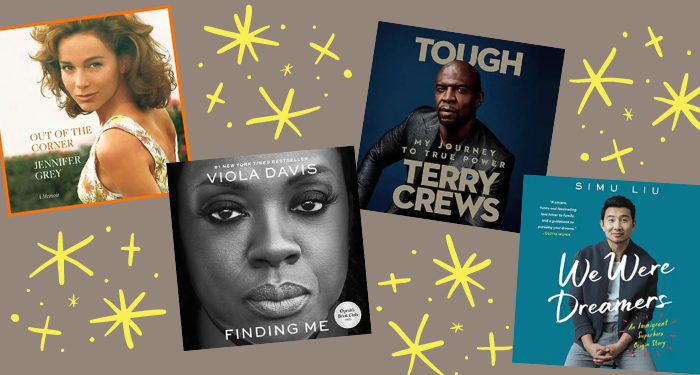


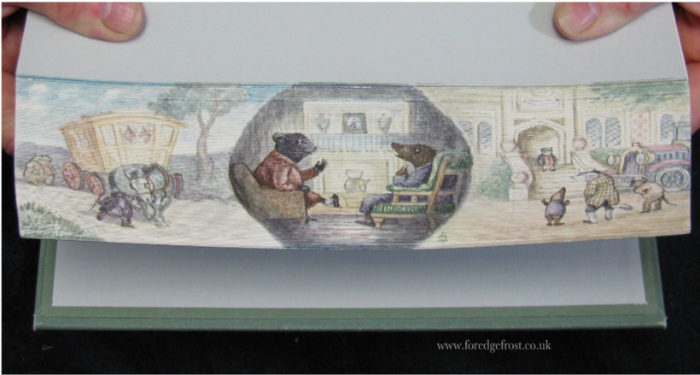

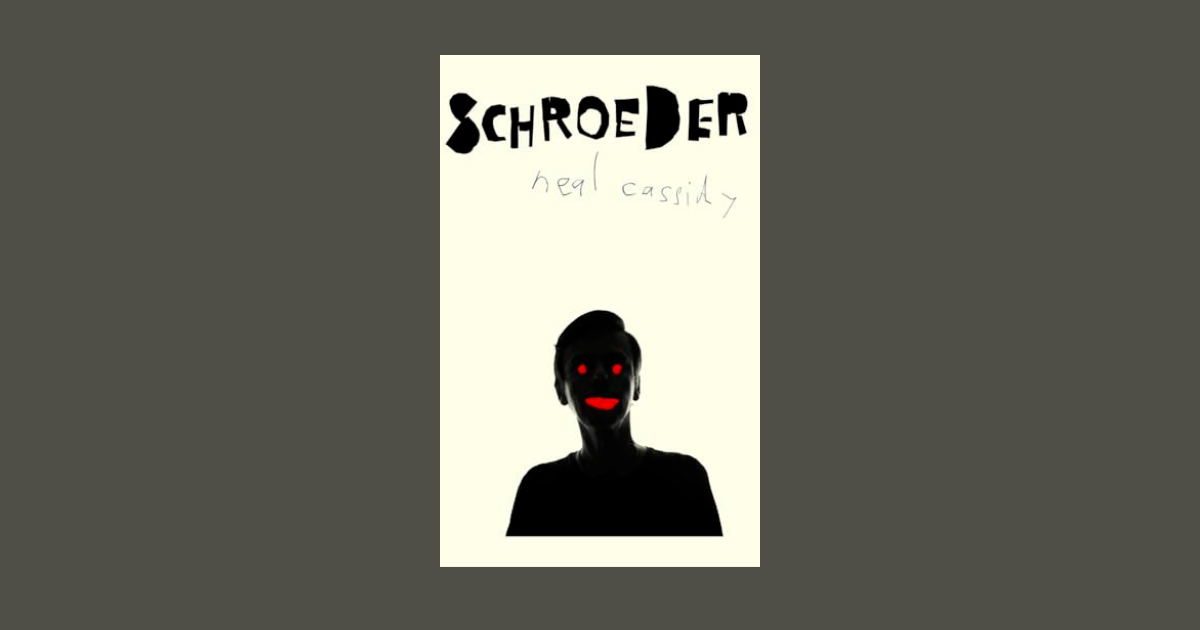
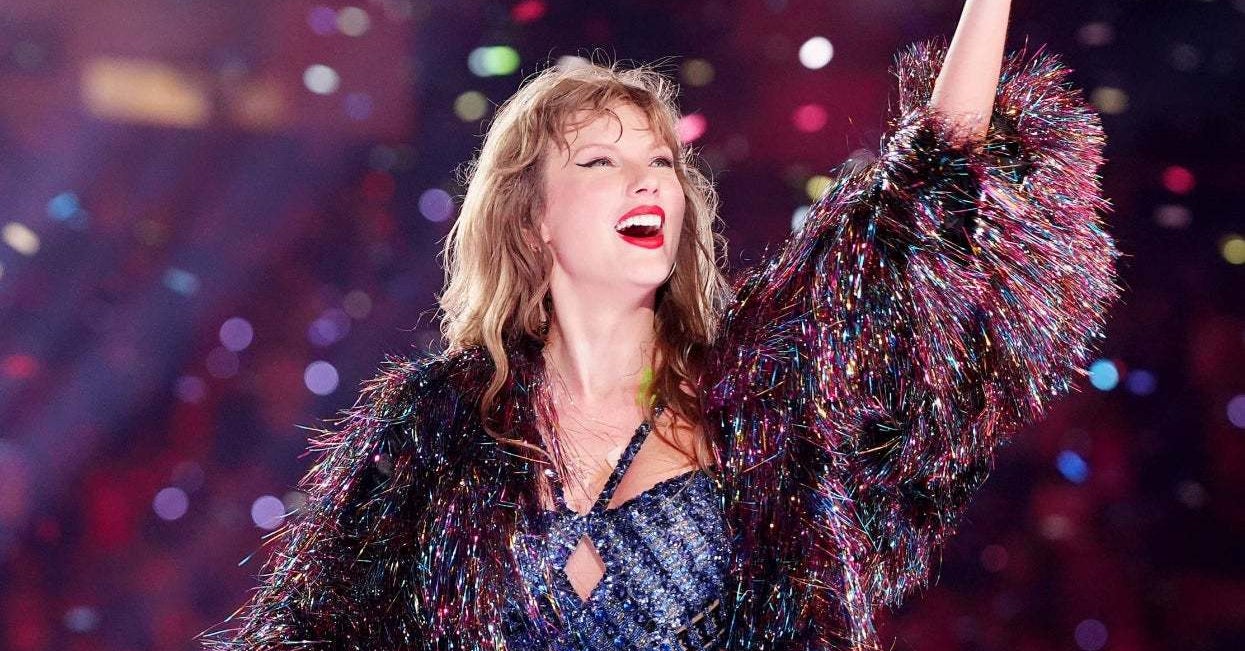




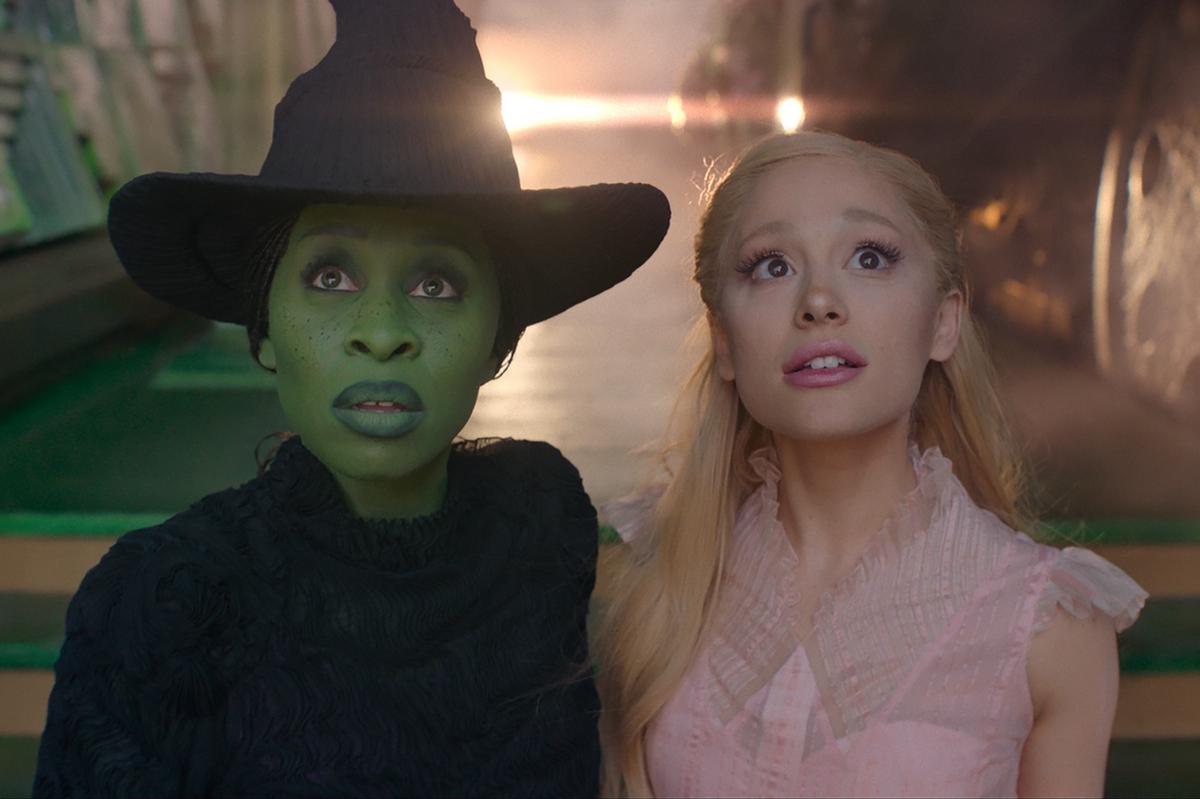
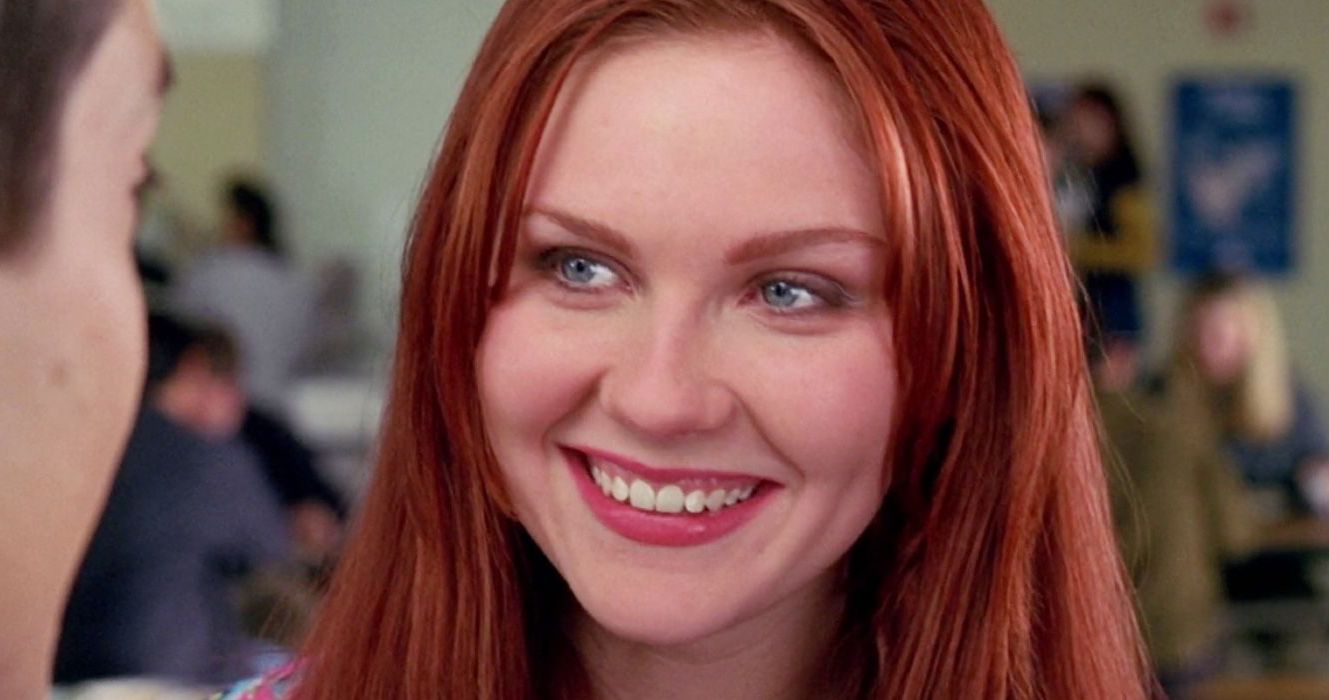

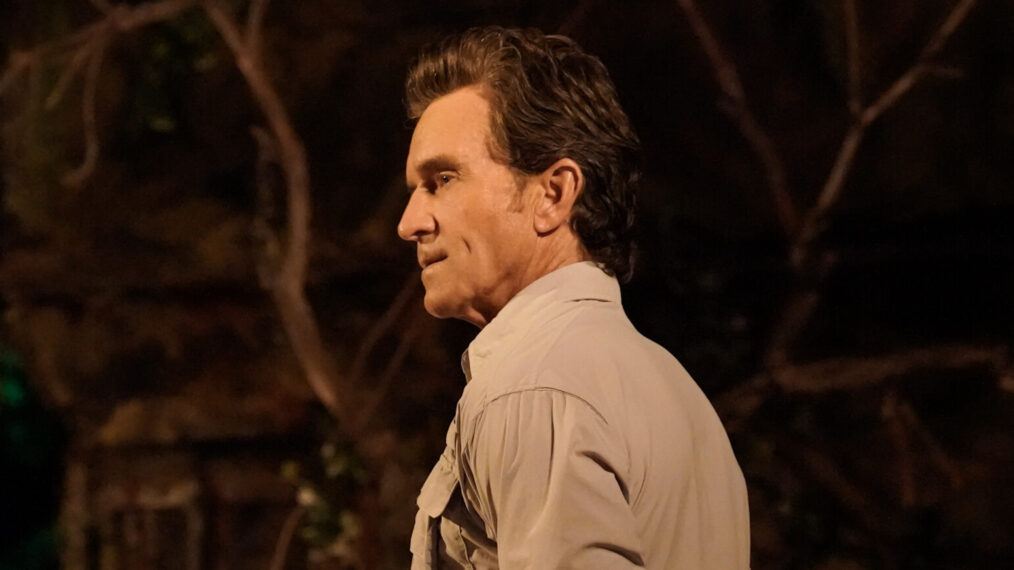





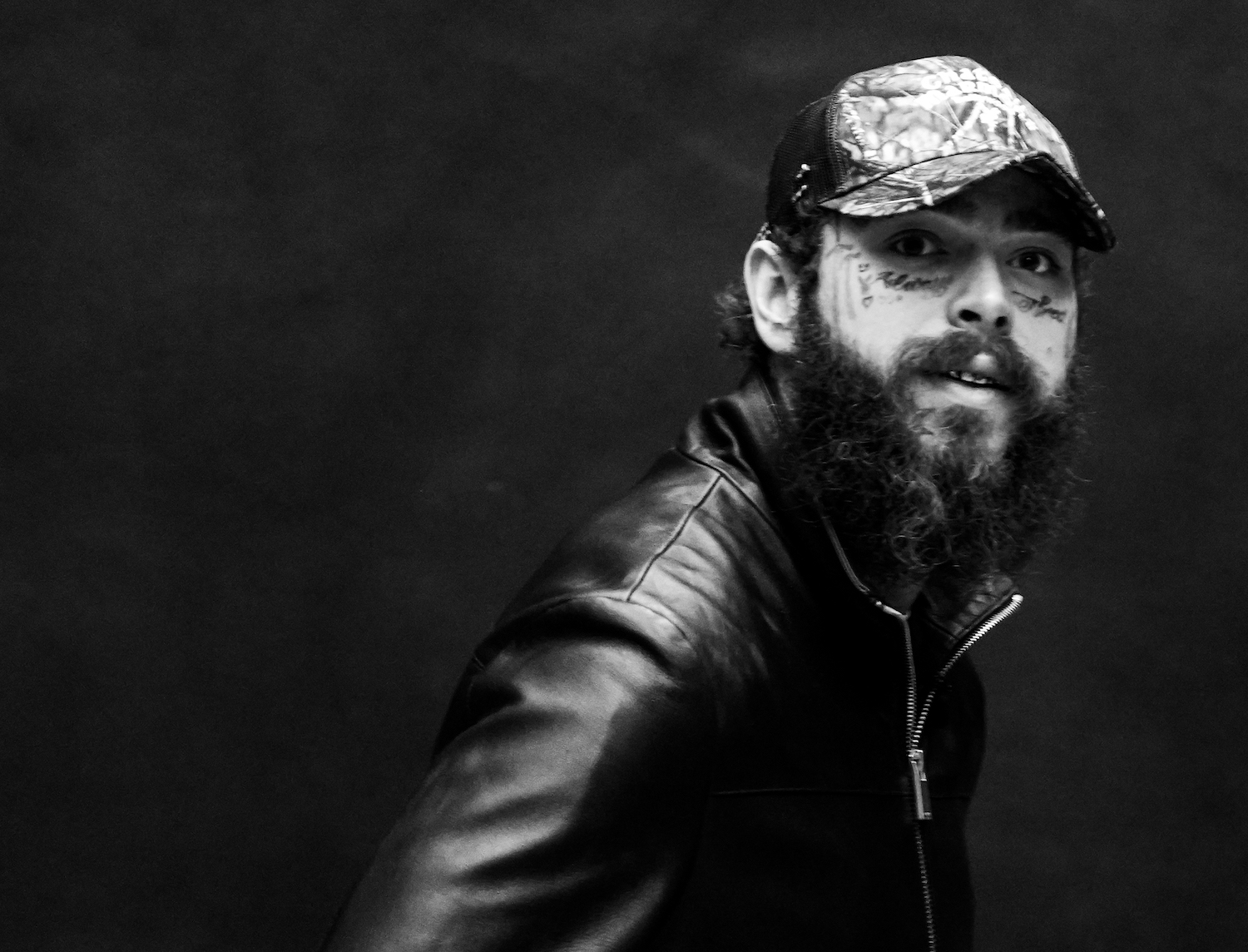

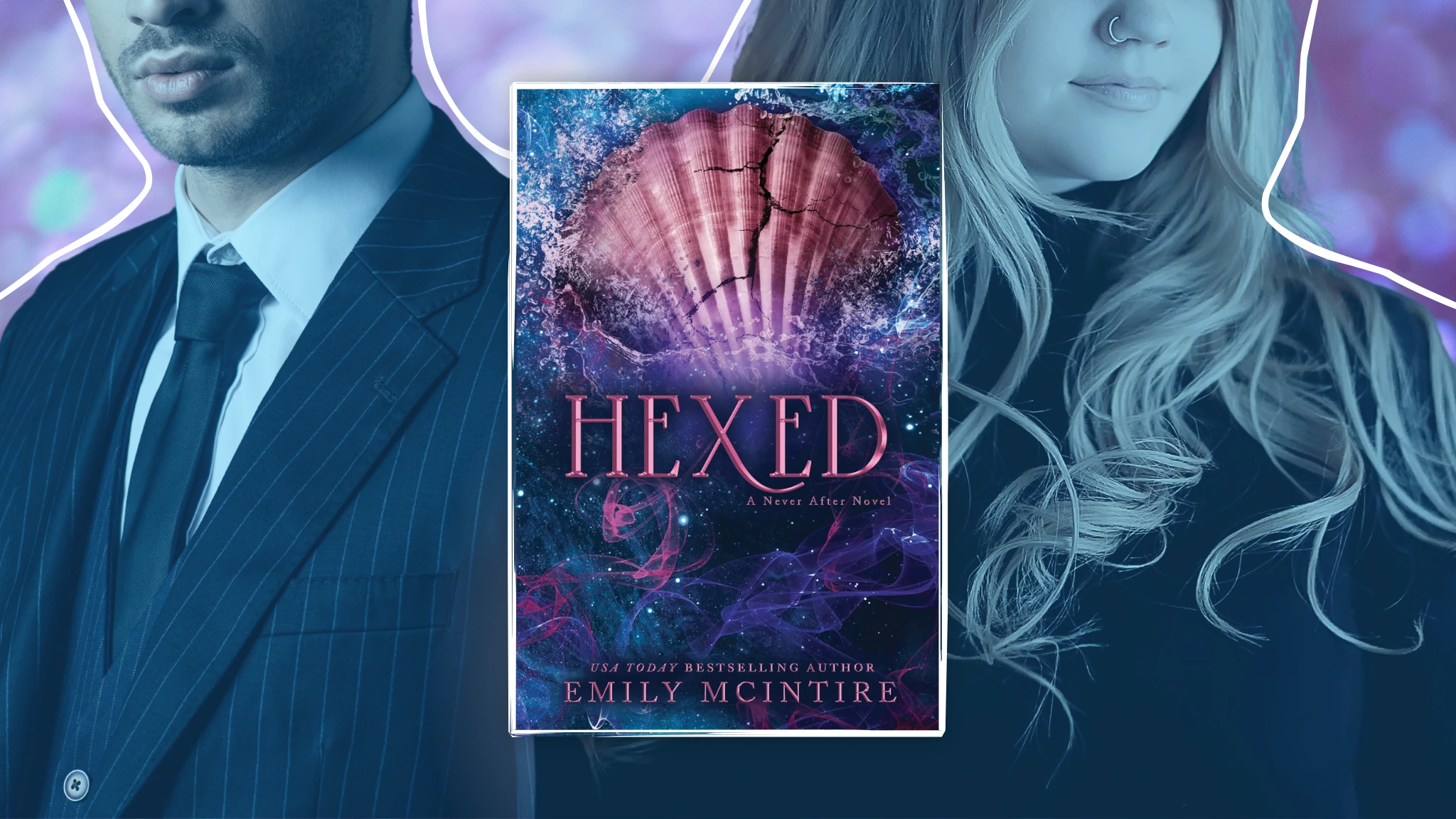
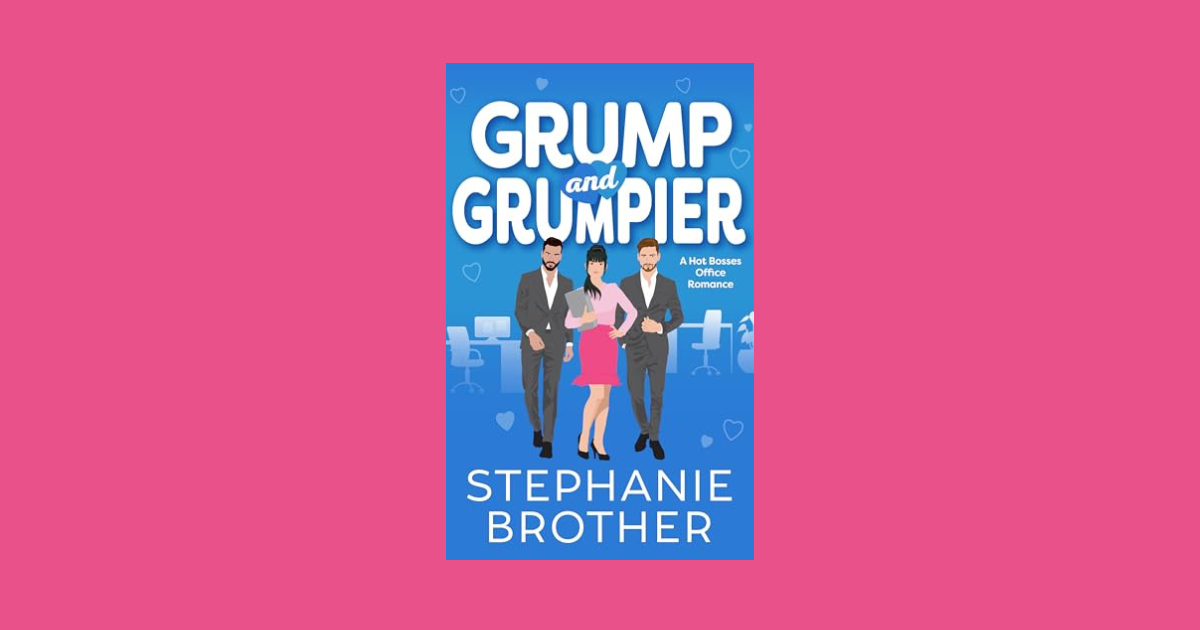
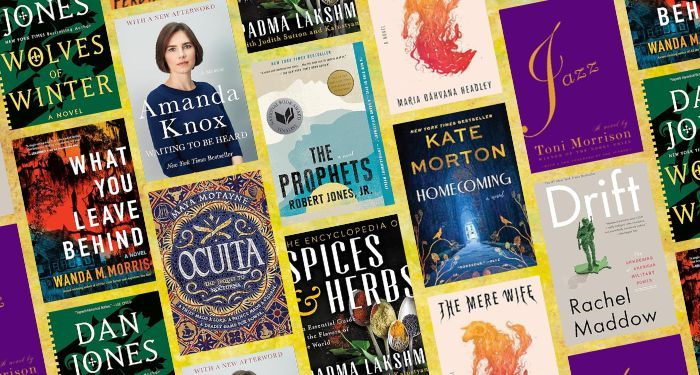
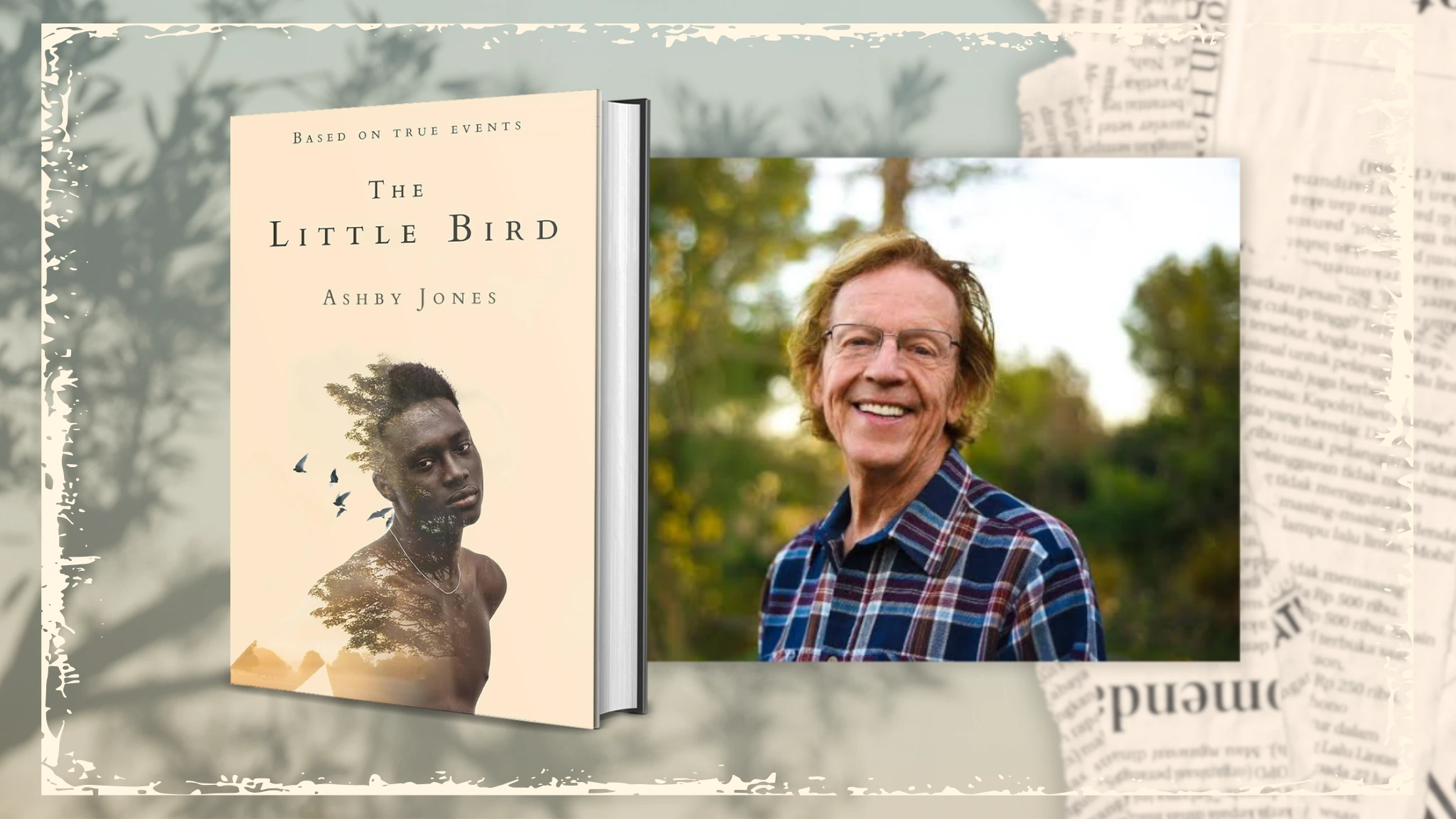
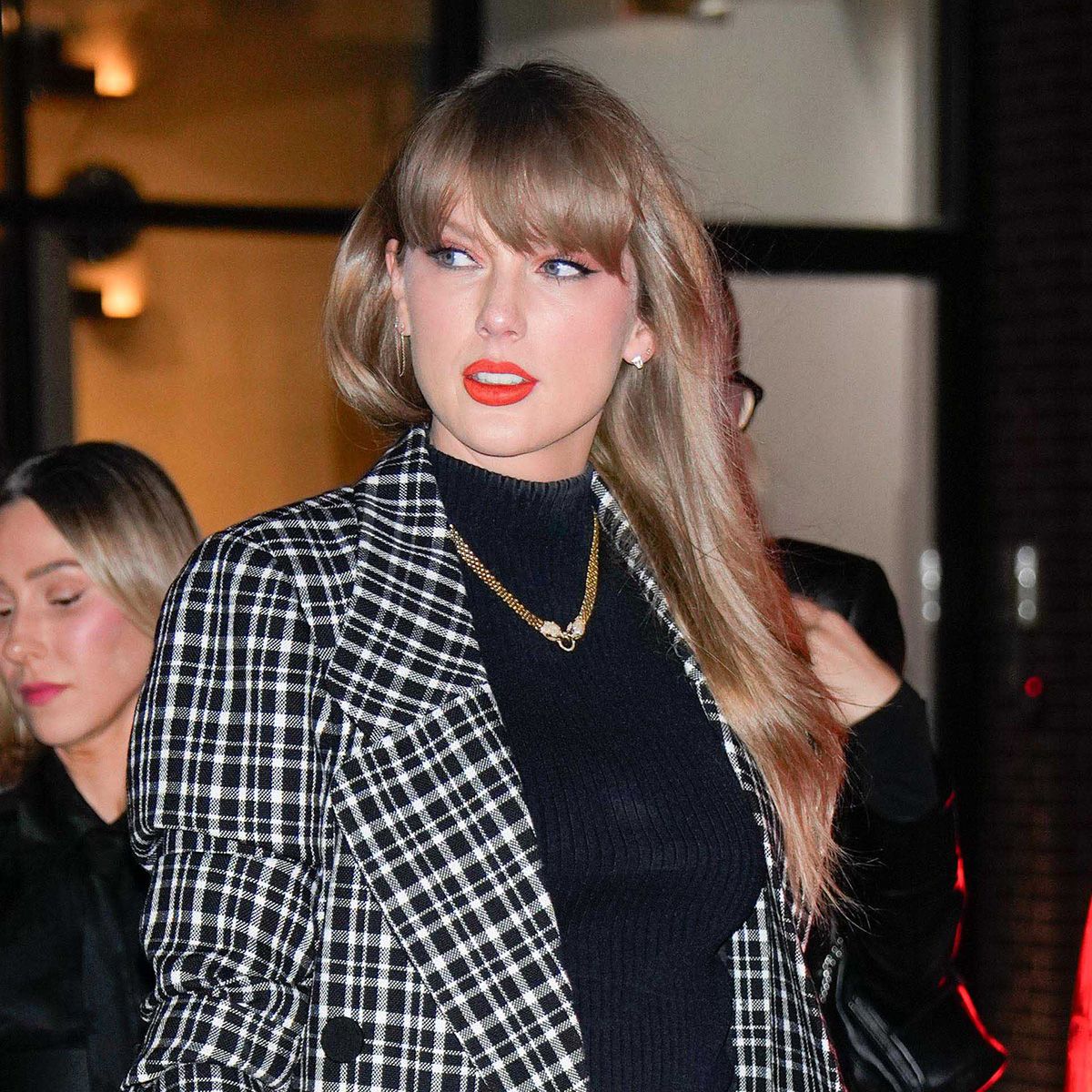
:quality(85):upscale()/2024/11/15/967/n/1922564/2aa2e79e6737c7521833b3.89773182_.png)

:quality(85):upscale()/2024/11/15/946/n/1922564/27581e706737c03acbcbf7.30261735_.png)
